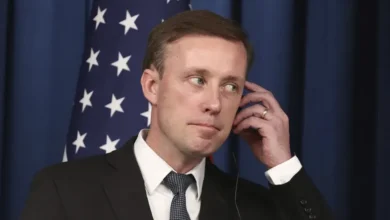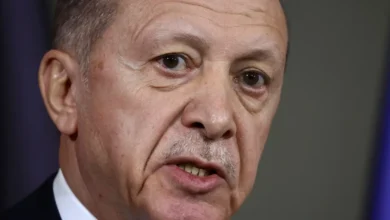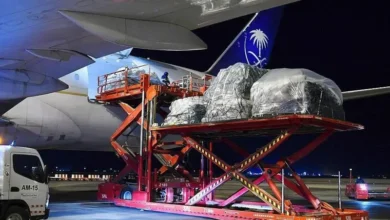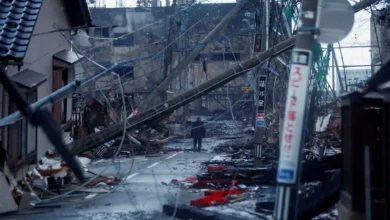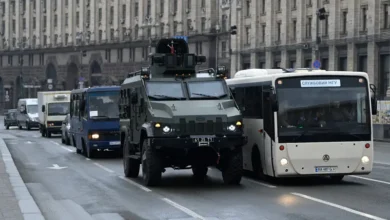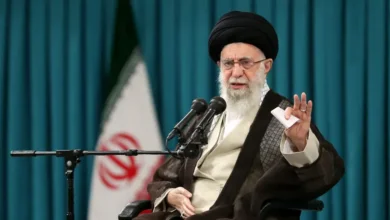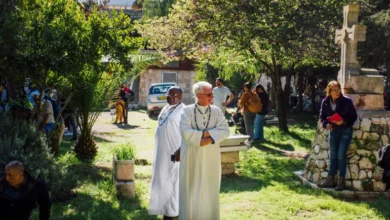EU’s Borrell: Mutiny weakened Putin, cost him authority loss, Russian state in crisis
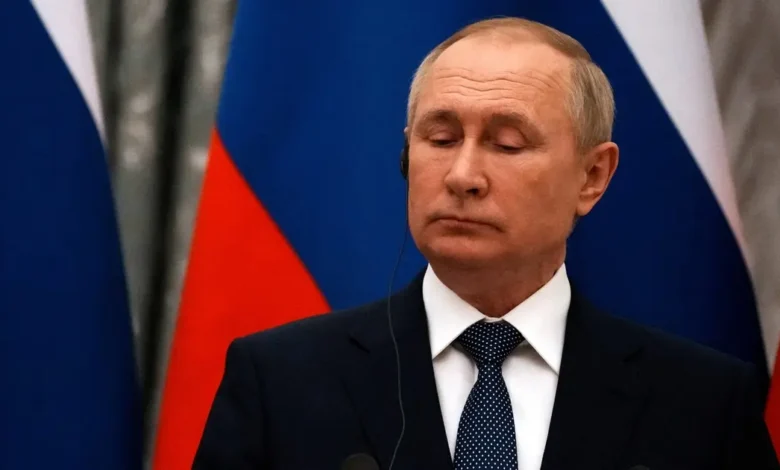
European Union foreign policy chief Josep Borrell said on Tuesday that the short-lived mutiny led by Wagner mercenary boss Yevgeny Prigozhin has “weakened” Russian President Vladimir Putin’s regime and cost him a loss of authority, while the Russian state now seems to be in crisis.
Borrell said that there were lessons to be learned from the brief insurrection: “This mutiny already has significant and negative consequences for Vladimir Putin’s regime… Now that the mutiny is over, we can and should however draw lessons from what happened in Russia,” according to the European External Action Service (EEAS).
He said: “The first lesson is that the war of aggression against Ukraine has weakened Vladimir Putin’s regime far more than many observers had thought.” However, he argued that despite how Putin seemed to strengthen his grip on power since launching the invasion of Ukraine in February 2022, there are cracks within the regime.
“Prigozhin’s mutiny, and the fact that hardly any forces actively opposed the capture of the main Russian headquarter in the war against Ukraine, and the subsequent march on Moscow, showed the depth of the divisions within the Russian army and state apparatus,” Borrell said.
He added: “Putin created a monster, and now the monster has bitten him. The fact that a state-funded group of mercenaries opened fire on the regular state army illustrates the degree of pathology of Putin’s Russia.”
Additionally, Borrell argued that Prigozhin’s mutiny cost Putin a serious loss of authority. “Even if this attempted coup ultimately failed, Putin has suffered a serious loss of authority, with real consequences for the future. Putin and his regime may now try to consolidate again their power, clamping down on military bloggers who dared to criticize the army, or purging the military, security and state apparatus. However, it is obvious that the Russian state is in a profound crisis. “
The EU top diplomat also highlighted the dangers of instability in Russia instigated by Prigozhin revolt: “The risk of growing instability in Russia is another serious consequence of Prigozhin’s mutiny, especially for a country that holds nuclear weapons. But here comes another lesson learnt from the ongoing Russian war of aggression: Putin’s Russia represents the biggest threat to European and global security and its nuclear arsenal makes it not less but more dangerous for the entire civilized world.”
Prigozhin had started a brief revolt last week which swiftly ended with him calling off his Wagner forces’ march on Moscow after agreeing to a deal which would see him exiled in Belarus without any legal action taken against him in Russia thanks to the mediation of Belarus President Alexander Lukashenko.
Prigozhin’s mutiny had a resounding impact within Russia and internationally as well. The general consensus amongst international politicians and analysts is that the mutiny had weakened Putin and raised questions about his ruling with an iron fist at a critical time when his forces confront an intense counter-offensive in Ukraine.
In the wake of Prigozhin’s brief revolt, Russian leadership swiftly moved to project a semblance of stability, calm, and control. Putin had stressed in an address to the nation the importance of unity and patriotism in the face of enemy attempts to destabilize the country and fracture its society. While, Defense Minister Sergey Shoigu made his first public appearance since the mutiny in a video where he visited Russian troops in Ukraine.
Also, Foreign Minister Sergei Lavrov took part in a high profile and well publicized interview in which he made statements carefully crafted to downplay the scale and impact of the incident, emphasizing the Russian state’s robustness and resilience in the face of challenges.
Overall, top Russian leadership used every instrument in their toolbox to create an image of unyielding authority, promote national unity, and to affirm their control over the country’s security apparatus.

